|
|
|||||
Africa has a bright future. The West is at risk of missing it. |
|||||
|
|
|||||
Vladamir Lenin famously said: “There are decades where nothing happens; and there are weeks where decades happen.” This is one of those weeks, with news of the US election results and the collapse of the German government. Both are consequential for geopolitics and for Africa. So it’s perhaps a good time to reflect on the West’s relationship with Africa, which in one word, is strained. African countries have grown increasingly frustrated by decades of real or perceived Western hypocrisy. For instance, Western countries have routinely dragged their feet when meeting their financial commitments to low- and middle-income countries. But they quickly mobilised nearly US$16 trillion in stimulus measures during the COVID-19 pandemic and hoarded vaccines. Their positioning on Ukraine and Gaza further entrenched these views. Late last month the new Labour government cut the UK’s aid budget by roughly £2 billion, whilst increasing defence spending by £2.9 billion. The UK already spends 28% of its aid budget at home to cover refugee costs. The West’s failure to address the global climate crisis is another example. And with the UN climate conference kicking off next week in Azerbaijan, the key question is whether rich countries will agree to a new climate finance goal that reflects the needs of climate-vulnerable countries. Our new analysis – summarised below – raises serious concerns about their willingness to do so, even if the money exists. A failure to establish a meaningful new climate goal would only further erode the West’s credibility. – Joe Kraus, Aftershocks Editor 3 things to know1. Rich countries spent six times more on fossil fuels subsidies than climate finance. They spent US$2.7 trillion on domestic fossil fuel subsidies between 2010 and 2022. They committed US$437 billion in international climate finance over that period. Fossil fuel subsidies vs. Climate finance for vulnerable countries  Source: ONE Why it matters: Rich countries have repeatedly pledged to phase out fossil fuel subsidies and increase support for climate-vulnerable countries. Heading into next week’s climate conference, these figures cast doubt on whether the political will to significantly boost climate finance exists. But the figures also make it clear that the money to do so definitely does exist. 2. The money currently spent on fossil fuel subsidies would be a gamechanger for vulnerable countries. It would cover nearly half of the gap in international public finance needed to meet the climate and development finance needs of developing countries. Why it matters: There’s a US$1.75 trillion spending gap to fund the energy transition, prepare for and protect people from climate change, and fund development needs like education and healthcare in low- and middle-income countries. Without adequate support, those countries will be faced with impossible choices about where to invest limited resources. 3. Fossil fuel subsidies disincentivise climate action. Those subsidies are propping up the very activities responsible for the climate crisis. That has helped the world’s leading oil and gas companies achieve staggering profits, and led many of them to backtrack on their climate pledges. Why it matters: Subsidies are locking in a fossil-fuel dependent future, slowing the energy transition, and jeopardising long-term energy security. If rich countries don’t adequately invest in helping low- and middle-income countries address the climate crisis and extreme poverty right now, the costs for everyone will be far greater later. From the ONE Team
 |
|||||
|
|
|||||
IN THE QUEUE:
|
|||||
|
|
|||||
The ONE Campaign’s data.one.org provides cutting edge data and analysis on the economic, political, and social changes impacting Africa. Check it out HERE. |
|||||
|
|
|||||
|
|
|||||
|
|
|||||
|
|
|||||
Did you like today's email?Loved it Mehhh Hated it |
|||||
|
|
|||||
Did you like today's email?Loved it Mehhh Hated it |
|||||
|
|
|||||
Wie hat dir dieser Newsletter gefallen?Richtig gut! Ging so… Überhaupt nicht. |
|||||
|
|
|||||
|
|||||
|
|||||
|
|||||
|
This email was sent by ONE.ORG to test@example.com. You can unsubscribe at any time. ONE Campaign |
